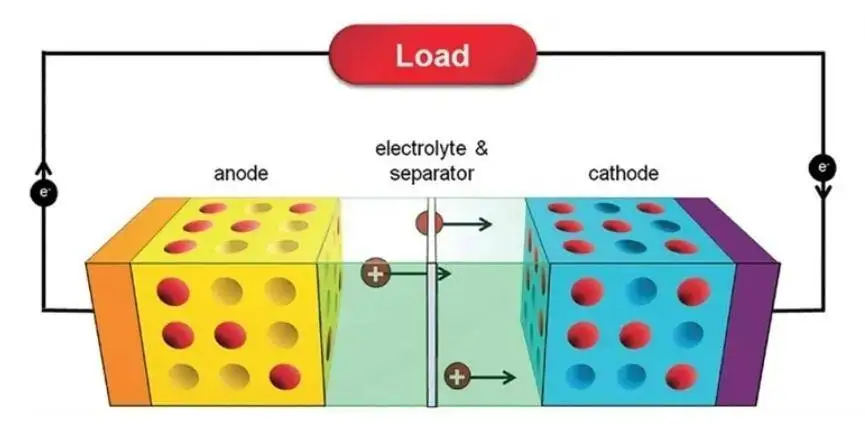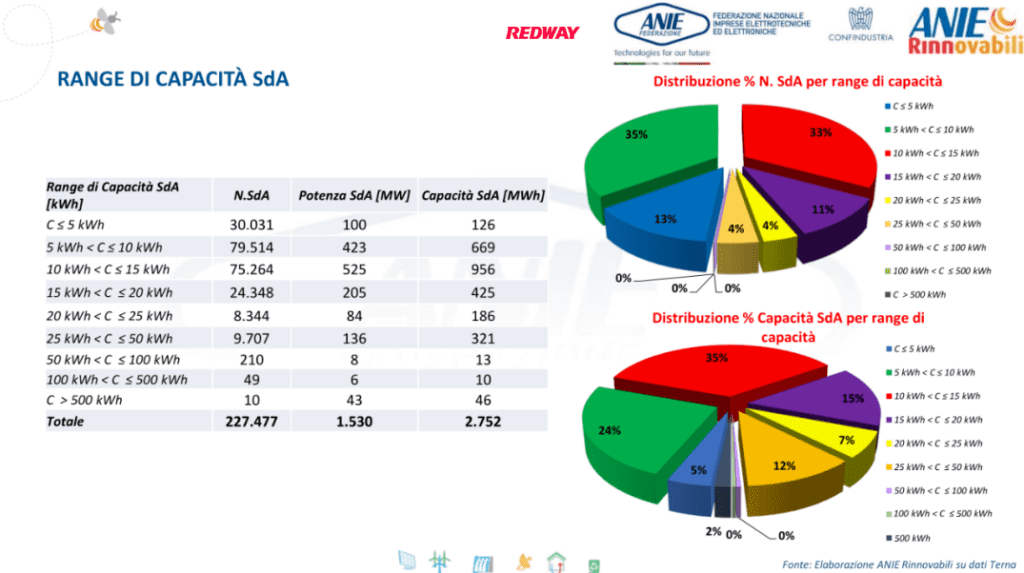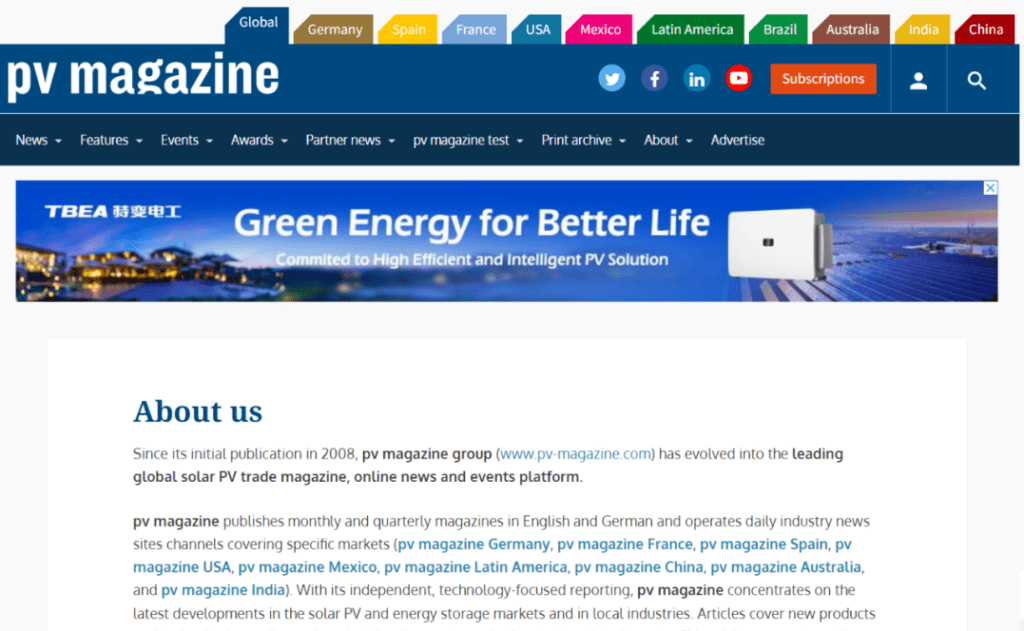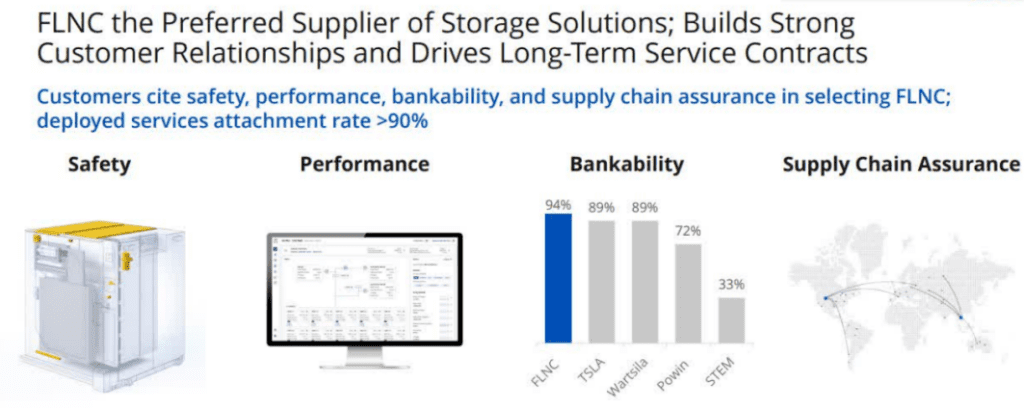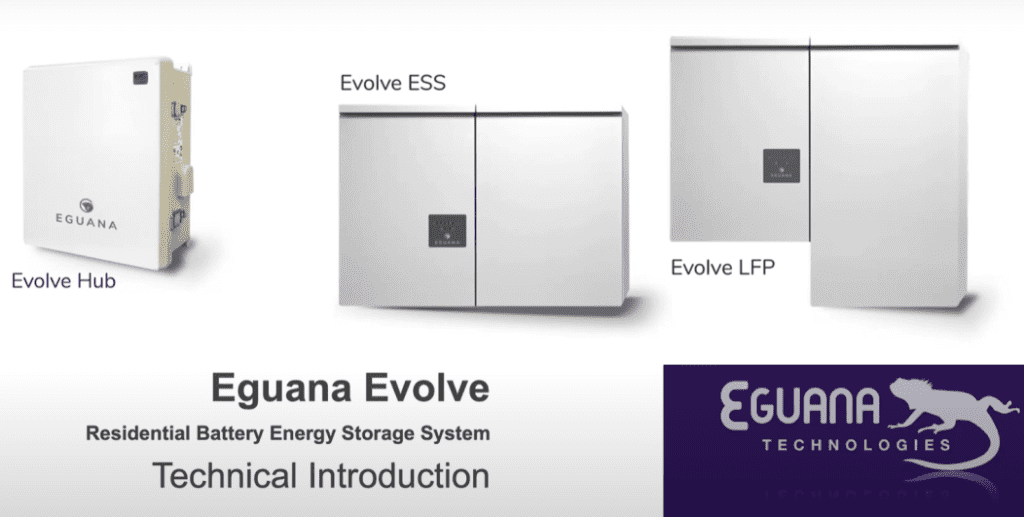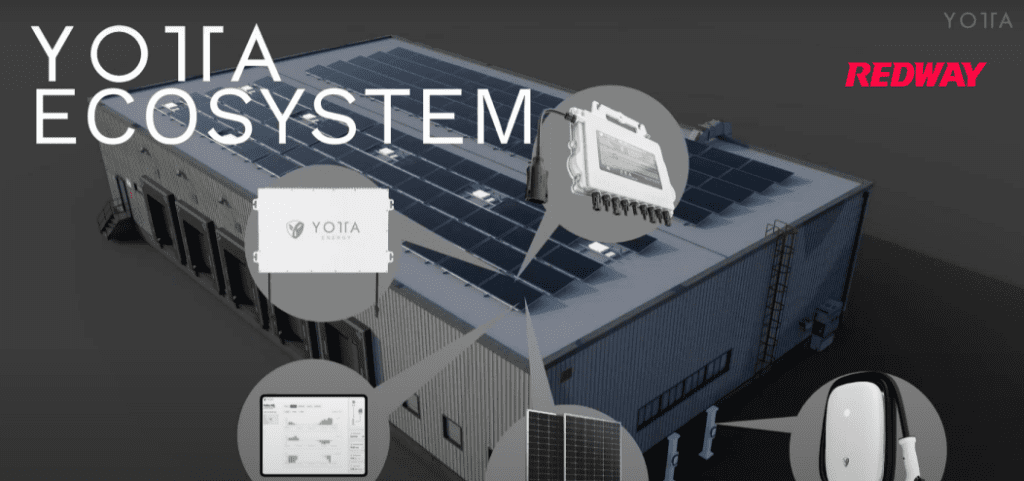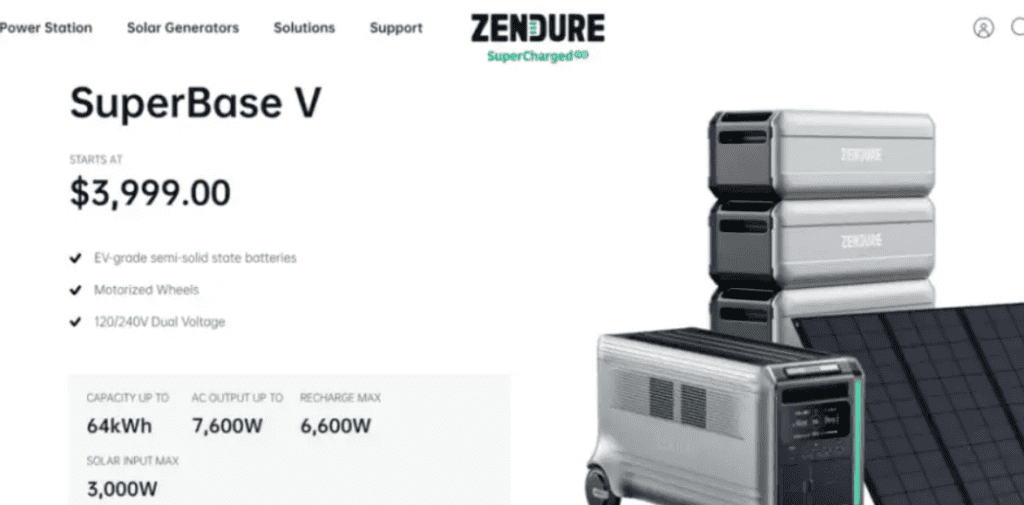Choosing the right inverter and energy storage solutions is crucial for maximizing solar energy efficiency and ensuring reliable power supply. Battery inverters convert stored direct current (DC) into usable alternating current (AC), while energy storage systems provide backup during outages or peak demand periods.
What are the essential functions of battery inverters?
Battery inverters play a vital role in solar energy systems by converting DC electricity from batteries into AC electricity, which is used by most household appliances. They also manage the charging and discharging of batteries, ensuring optimal performance and longevity. Additionally, battery inverters can provide backup power during grid outages, enhancing energy independence.Chart: Functions of Battery Inverters
| Function | Description |
|---|---|
| DC to AC Conversion | Converts stored DC electricity to AC |
| Battery Management | Controls charging and discharging cycles |
| Backup Power Supply | Provides power during grid outages |
How do hybrid inverters differ from traditional inverters?
Hybrid inverters combine the functionalities of a standard inverter and a battery inverter, allowing them to manage both solar panel input and battery output. This dual capability enables seamless integration of renewable energy sources with energy storage, optimizing overall system efficiency and flexibility.Chart: Hybrid vs Traditional Inverters
| Feature | Hybrid Inverter | Traditional Inverter |
|---|---|---|
| Functionality | Manages solar input and battery output | Manages only solar input |
| Energy Storage Integration | Yes | No |
| Backup Capability | Yes | No |
What are the leading brands in energy storage solutions?
Several companies dominate the energy storage market, each offering unique features:
- Tesla: Renowned for its Powerwall, Tesla provides high-capacity, scalable solutions with intelligent energy management.
- SolarEdge: Known for its innovative optimizers that enhance panel-level performance.
- LG Chem: Offers reliable lithium-ion batteries known for their durability and efficiency.
- SMA: Provides versatile solutions compatible with various battery technologies.
- Pylontech: Specializes in modular lithium-ion batteries suitable for residential and commercial applications.
Why is Tesla a prominent player in battery storage technology?
Tesla’s Powerwall has revolutionized home energy storage with its sleek design, high capacity, and advanced technology that allows homeowners to maximize their solar usage. The system integrates seamlessly with solar panels and offers remote monitoring through a mobile app, making it user-friendly.
How does SolarEdge enhance solar energy efficiency?
SolarEdge utilizes power optimizers that maximize energy production by managing each panel’s output individually. This technology ensures that even if one panel is shaded or malfunctioning, the overall system performance remains unaffected, leading to higher overall efficiency.
What features should you look for in energy storage systems?
When selecting an energy storage system, consider the following features:
- Capacity: The total amount of stored energy measured in kilowatt-hours (kWh).
- Scalability: Ability to expand the system as energy needs grow.
- Integration: Compatibility with existing solar panels and other devices.
- Warranty: Length of warranty offered by the manufacturer.
How do different battery technologies impact performance?
Battery technologies vary significantly in terms of performance:
- Lithium-ion: High efficiency, longer lifespan, and lighter weight; ideal for residential use.
- Lead-acid: Lower cost but shorter lifespan and heavier; suitable for budget-conscious consumers.
Choosing the right technology depends on specific needs such as budget, space availability, and desired longevity.
What are the latest trends in energy storage systems?
The energy storage market is rapidly evolving with trends such as:
- Increased adoption of lithium-ion technology due to its efficiency.
- Growth of hybrid systems that combine multiple functionalities.
- Enhanced integration with smart home technologies for better monitoring and management.
Latest News:
Recent developments highlight significant advancements in battery technology, particularly from companies like Panasonic and BLUETTI, which have introduced modular systems designed for both residential and commercial applications. The focus on sustainability continues to drive innovation within the industry as more consumers seek efficient solutions to reduce their carbon footprint.Editor Comment:
“Energy storage technology is at a pivotal point where innovation meets necessity. As we strive for sustainable living, understanding how to optimize these systems will be crucial for both consumers and businesses alike.”




